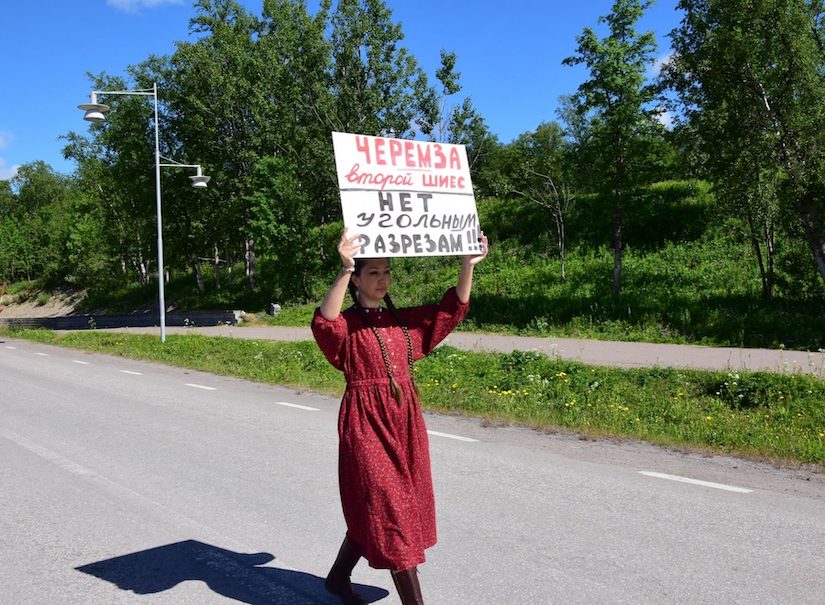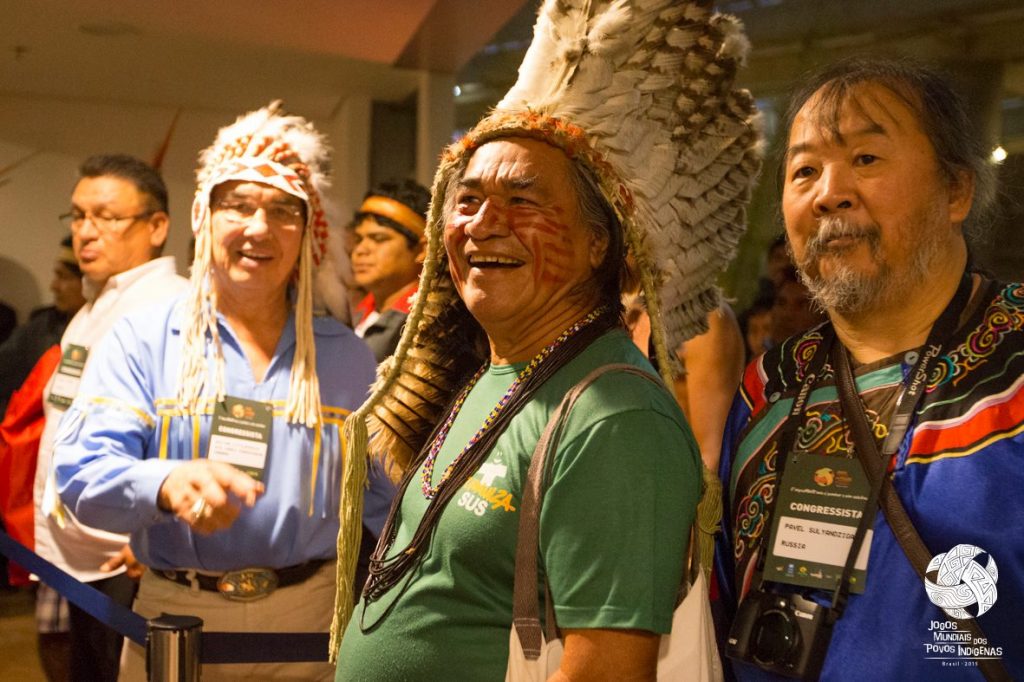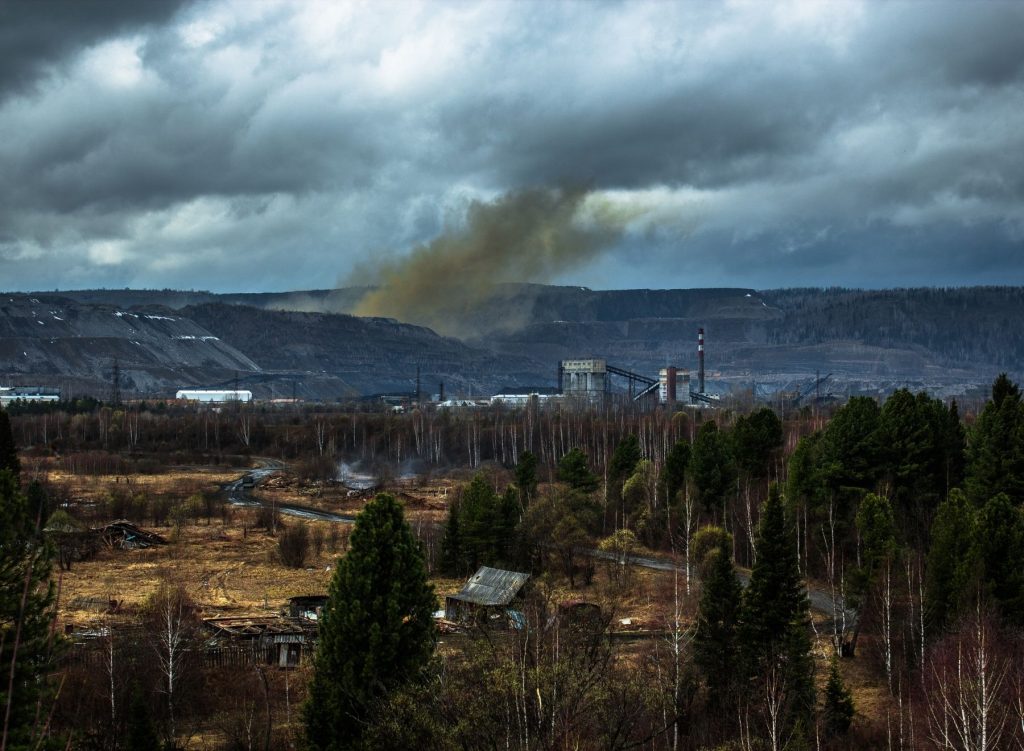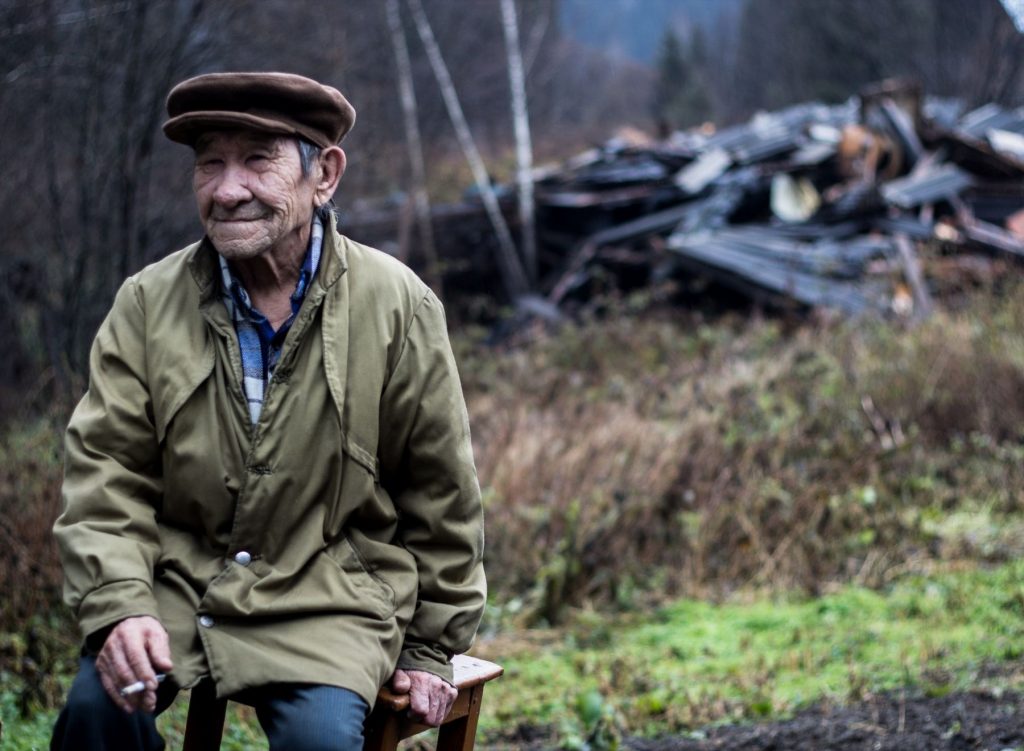These Indigenous activists stood up for their rights and were forced to flee Russia

Pavel Sulyandziga and Yana Tannagasheva are part of a new group that is working for a safer Russia for Indigenous peoples
Pavel Sulyandziga fled Russia in 2016, seeking political asylum. His family was in danger — all because of his work as an Indigenous activist.
He had been investigated by the Russian Federal Security Service (FSB) multiple times. He was called a separatist and extremist. His friends and colleagues were questioned about him. The authorities even knew about conversations in his own home — at one point, he was contacted and asked, “Why are you talking politics with your wife?”
“The biggest threat was to my son, who was in the army,” Sulyandziga says. “….A commander called me and said that the FSB decided to send him to a hotspot, the Southern Military District, in the North Caucasus region of Russia.” This region is especially fraught with conflict, and Sulyandziga knew his son was being punished because of Sulyandziga’s actions.
Sulyandziga is from the Udege nation, an Indigenous group of about 1,700 people. Most of the Udege population lives in the Primorsky Krai and Khabarovsk regions in Russia’s far east.
Many Indigenous groups in Russia are part of established republics, which offer some form of state representation. But for smaller, more remote communities, the Russian Association of Indigenous Peoples of the North (RAIPON) acts as the defender of their rights and interests. RAIPON represents 42 Indigenous groups, seven of which have fewer than 1,000 members.
In 2001, Sulyandziga was elected as a first vice-president of the organization, which is internationally recognized and a permanent participant in the Arctic Council. But he now says that RAIPON is no longer a legitimate, independent one that represents Indigenous interests.
“RAIPON is now a pawn for the government, used to shut down activism and independent leaders who want to do things democratically,” he says.
On March 1, RAIPON announced that they “unanimously supported” Putin’s war in Ukraine.
Fuelled in part by that move, Sulyandziga formed a new organization with six others called the International Committee of Indigenous Peoples of Russia (ICIPR).
“All of these people are political refugees now, they’ve all been forced to leave the country because of their views,” he says.

ICIPR aims to be a voice for those who can’t speak freely about the challenges that Indigenous peoples face in Russia. This includes environmental protection and safety for Indigenous people and activists, among other things. Sulyandziga says these are challenges that RAIPON would prefer to ignore in order to protect Russia’s image.
The trouble with RAIPON began in 2012, when Russia’s Ministry of Justice shut it down for six months, citing illegal activities. When it reopened in 2013, some important changes had been made. While previously, the delegates were elected democratically by each Indigenous group, now they were chosen for these communities from a pre-approved list.
In international settings, like the United Nations, Sulyandziga says “the FSB representative present at the UN meeting gives people who work for RAIPON a list of things that they have to say, [and tells them] when and how to say them.”
Around this time, the threats against Sulyandziga began. He wasn’t staying quiet about what he thought were important challenges that Indigenous peoples were facing in Russia — and in December 2013, he was ousted from RAIPON because of it. He continued to speak out despite this.
When Sulyandziga would visit his son at the army base where he was stationed, the FSB would confiscate his son’s passport so that he would be unable to leave. “The six months my son was in the North Caucasus were among the most difficult in my life and I was extremely scared,” he remembers.
After collaborating with a commander in the army and mailing his phone to a friend so that he couldn’t be tracked, Sulyandziga was able to sneak his son out of the area in the middle of the night.
His family left Russia in 2015, and Sulyandziga followed in 2016. Today they live in Maine, where Sulyandziga works as the founder and president of the International Indigenous Fund for Development and Solidarity (Batani). Batani began in Russia in 2004, but was liquidated by the state in 2017 after being labelled a “foreign agent” (a common strategy used by Russia to eliminate NGOs and silence activists). Today, Batani works toward implementing community development programs in Indigenous communities and fighting for Indigenous rights worldwide.
“Everyone who is part of the opposition in Russia and activists all experience the same [thing],” he says. “And obviously, they don’t just threaten opposition leaders, it goes as far as threatening the families of those people, not just the people involved.”
Yana Tannagasheva is another member of ICIPR. She now lives in Sweden, after fleeing with her family in 2018. She’s a member of the Shor — an Indigenous group in southwestern Siberia with a population of about 12,000. The majority of Shor live in Kemerovo Oblast, a federal subject of Russia also commonly known as Kuzbass.
Her activism began in 2013, when Yuzhnaya, a coal company mining near Kazas, Tannagasheva’s family village, tried to buy out the landowners who lived there. The coal mines near Kazas had already destroyed the forests and dirtied the water, making traditional practices like hunting and fishing nearly impossible. Her father and four other families refused to sell their homes.
“He got his house from his father, my grandfather,” she says. “And his father said, ‘in the future, please don’t sell our house.’ It is our village, our place.”
Those who refused to sell were threatened by the company. And then, between November 2013 and March 2014, all five remaining houses burned down. Even though the only way to enter the village was through a checkpoint with security cameras, nobody was ever charged.

Now, residents are not even allowed access to the cemetery where their ancestors are buried. These graves are all that is left of Kazas.
Tannagasheva tried every avenue available to her to protect the rights of her people: local representatives like mayors and governors — and RAIPON, the organization that is supposed to work on these very issues.
“The president of RAIPON, Grigory Ledkov, went to the region, to Kuzbass. But instead of meeting with the families, especially the elderly people, who suffered and saw their homes being burned down…they only went to the people who would confirm that everything is okay,” Tannagasheva says. “They just had no interest in talking to the actual survivors.”
In a 2018 document submitted to the United Nations, Russia says that the residents of Kazas were resettled and are “wholly satisfied” with their new village. It claims that the decision to suspend the criminal investigation into the acts of arson were based in law. Lastly, it states that Kazas is fully accessible to visitors, including the cemetery.

“After 2017, it was worse and there were a lot of threats to my children,” Tannagasheva says. “After one year we decided to flee. And two years ago, Sweden gave us status here … but we cannot visit our country, visit Russia.”
“[Those] who are now in Russia, they tend not to have a big, good voice [for] Indigenous Peoples — it’s so, so dangerous to speak about [the] war [in Ukraine] there. And they said to us, ‘We want Indigenous peoples to speak about it, but only you who are now abroad and in another country can speak about it loud,’” she says.
Sulyandziga, Tannagasheva, and the five other members of their group are working towards a safer Russia for Indigenous peoples and a strategy for the future, one where they have a voice in their own country.
As Sulyandziga says, “We think we can use our voice to express how people who are being silenced feel [in Russia].”
Emily Standfield is a writer in Toronto.
Russian translation provided by Albina Retyunskikh